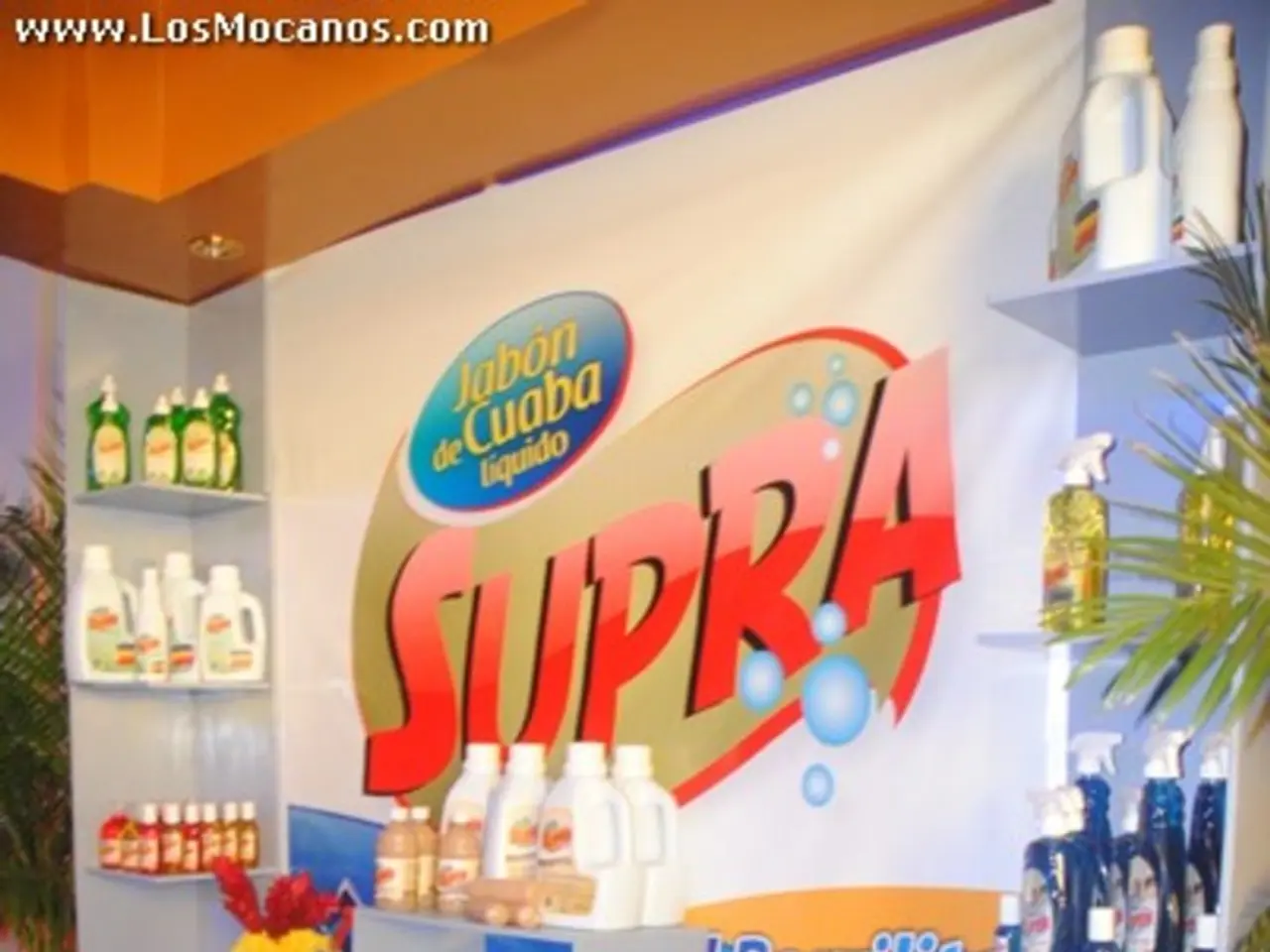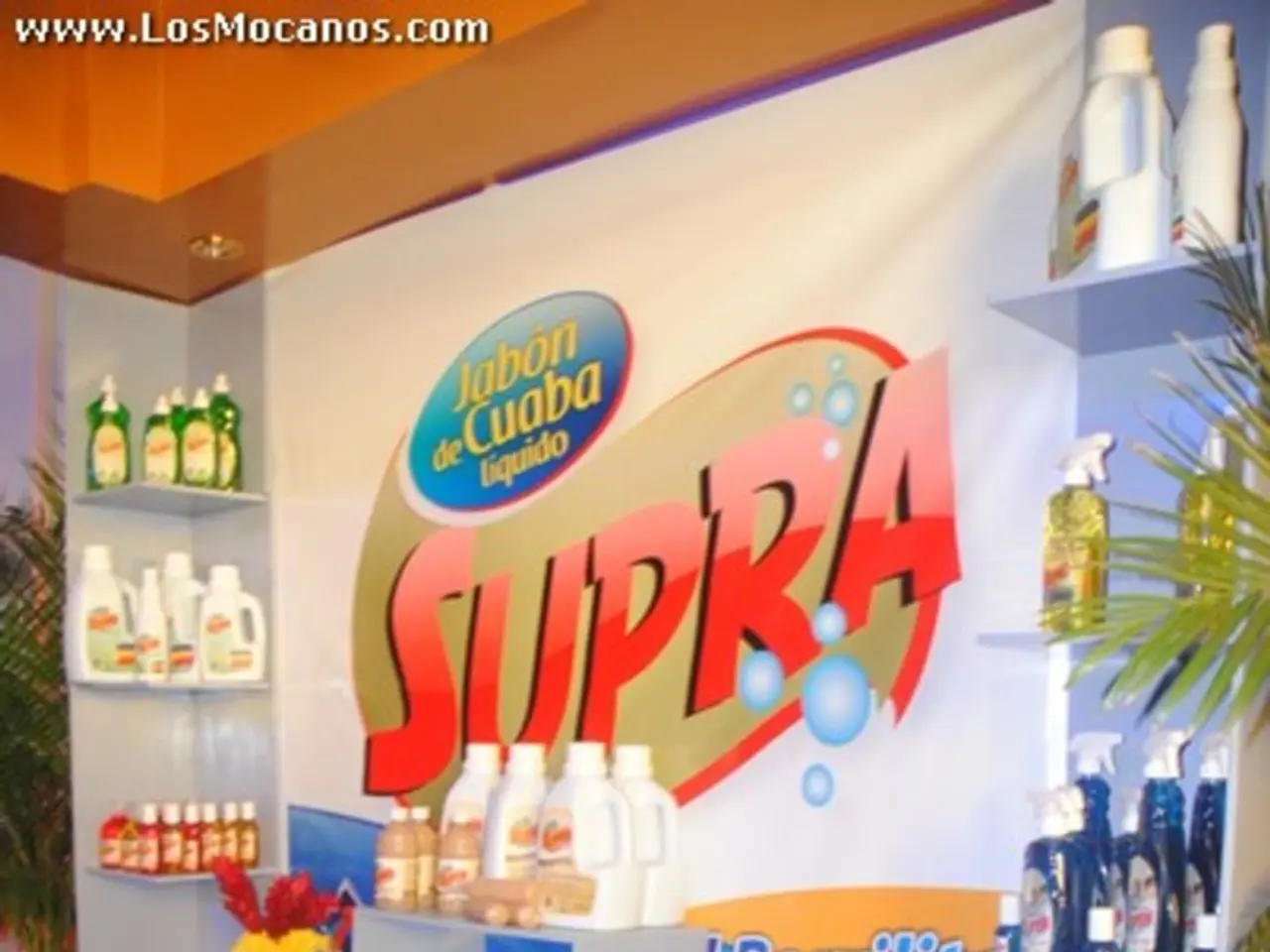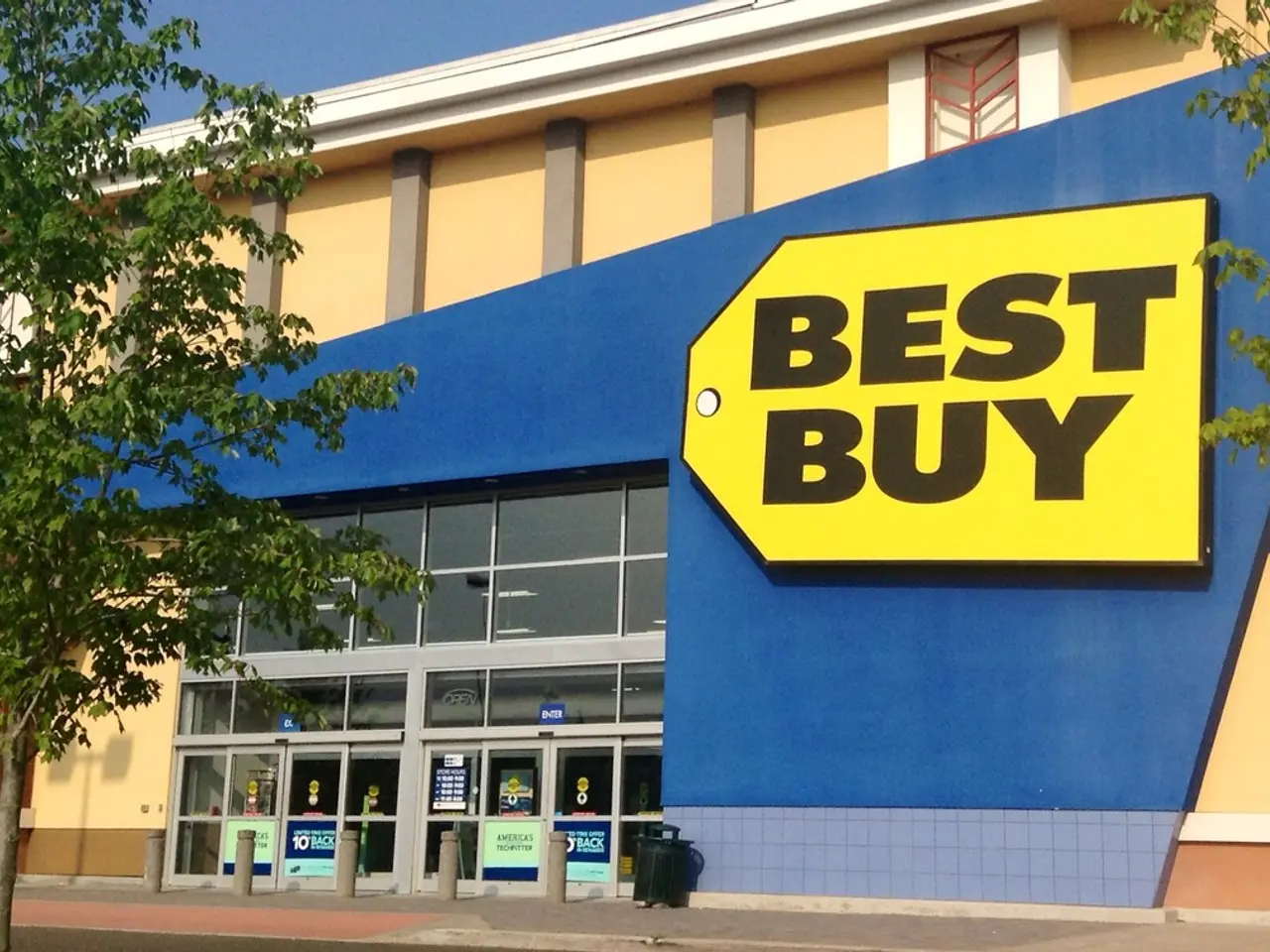Fast Fashion Contenders Compare: Uniqlo's Distinctive Features Revealed
Fast Fashion vs. Lasting Style: Investing in Essentials over Temporal Trends
Fast fashion reigns supreme in the clothing realm, with economical, trend-focused goods being churned out faster than you can say "fleeting fashion." In this catwalk chaos, Uniqlo carves a unique niche, distinguishing itself from the sea of fast fashion giants. But what sets Uniqlo apart? Let's delve into the differences, core beliefs, and impact of Uniqlo versus fast fashion.
The Fast Fashion Phenomenon
"In one season, out the next."
Fast fashion signifies rapid production of clothing that mirrors high-end runway trends at a fraction of the cost. Powerhouses like Zara, H&M, and Forever 21 dominate this sphere, offering a perpetual barrage of updated collections to entice frequent purchases.
Though fast fashion offers affordability and accessibility, it's drawn criticism for:
- Environmental degradation: The production of fast fashion consumes resources intensively and frequently results in significant textile waste.
- ** Questionable labor practices**: Many fast fashion brands outsource manufacturing to nations with low labor expenses, sometimes at the expense of fair wages and secure working conditions.
- ** Limited product lifespan**: Clothing is often designed to be discarded, fueling a "throwaway" culture.
The Uniqlo Philosophy: "Lifewear"
"Not just clothes, but necessities for daily life."
Uniqlo, a Japanese brand established in 1984, has chosen a distinct path. Instead of pursuing fleeting trends, Uniqlo centers on what it calls "Lifewear" - superior, timeless essentials catering to life's needs.
Pillars of Uniqlo's philosophy encompass:
- Minimalist aesthetics over trends: Uniqlo's attire emphasizes functionality and understated elegance, eschewing bold seasonal declarations in favor of enduring designs.
- Innovative materials and technology: Products like HEATTECH thermal wear and AIRism breathable fabrics showcase the brand's investment in technology to heighten comfort and performance.
- Durability: Uniqlo champions quality over quantity, aiming to create attire that withstands the test of time.
- Global accessibility: Despite an emphasis on quality, Uniqlo remains competitively priced, offering value without compromising on principles.
A Comparative Examination
"Trends versus timelessness-take your pick."
Uniqlo's Sustainability Endeavors
"Doing better by design."
Despite operating on a global scale, Uniqlo has made headway toward sustainability - a stark contrast to many fast fashion brands. Some of its green initiatives include:
- Recycling programs: Uniqlo collects used clothing from customers and donates usable items to those in need.
- Reduced waste: The company implements advanced manufacturing methods to minimize fabric waste during production.
- Eco-friendly materials: Uniqlo integrates organic cotton and recycled materials into its collections.
Though Uniqlo is not infallible, its dedication to enhancing its practices demonstrates that fashion can blend accessibility with responsibility.
Why Customers Adore Uniqlo
"Because less is more."
Uniqlo's appeal lies in its ability to deliver versatile, premium clothing without overwhelming consumers with excessive options. In a world dominated by fast fashion's relentless pace, Uniqlo offers respite:
- Simplicity: Shoppers can build a wardrobe of essential pieces that never go out of vogue.
- Value for money: Despite higher upfront costs than fast fashion, Uniqlo's emphasis on quality makes its garments a worthy investment.
- Transparency: Uniqlo is more forthcoming about its production processes and sustainability endeavors compared to many fast fashion brands.
The Challenges Uniqlo Faces
"Even giants must hurdle obstacles."
While Uniqlo has differentiated itself from fast fashion, it's not immune to criticism:
- ** Manufacturing footprint**: Like fast fashion brands, Uniqlo outsources much of its production, raising concerns about labor conditions.
- ** Slow adoption of trends**: Consumers yearning for the latest styles may find Uniqlo's approach too conservative.
- Global competition: As more brands embrace sustainability, Uniqlo must persistently innovate to remain competitive.
Conclusion
"Quality versus quantity never goes out of style."
Uniqlo and fast fashion cater to opposing forces in the clothing industry. Fast fashion delivers immediate pleasure, whereas Uniqlo champions thoughtful design and long-term value. For consumers, the choice frequently centers on priorities: transient trends or enduring quality.
As consumers become more mindful of the environmental and societal costs of fast fashion, Uniqlo's approach provides a reminder that fashion needn't come at the expense of sustainability or ethics.
The next time you shop, ponder: Are you purchasing for today, or for the future?
In the world of fashion, Uniqlo differentiates itself from fast fashion giants by embracing a "Lifewear" philosophy, focusing on producing timeless essentials rather than chasing fleeting trends. Unlike fast fashion, which has drawn criticism for questionable labor practices, environmental degradation, and limited product lifespan, Uniqlo invests in innovative materials, durability, and sustainability initiatives like recycling programs and eco-friendly materials. While Uniqlo, too, faces challenges regarding labor conditions and the slow adoption of trends, it offers consumers simplicity, value for money, and transparency – encouraging a mindful approach to purchasing, where fashion choices are made with a focus on enduring quality rather than transient trends.




